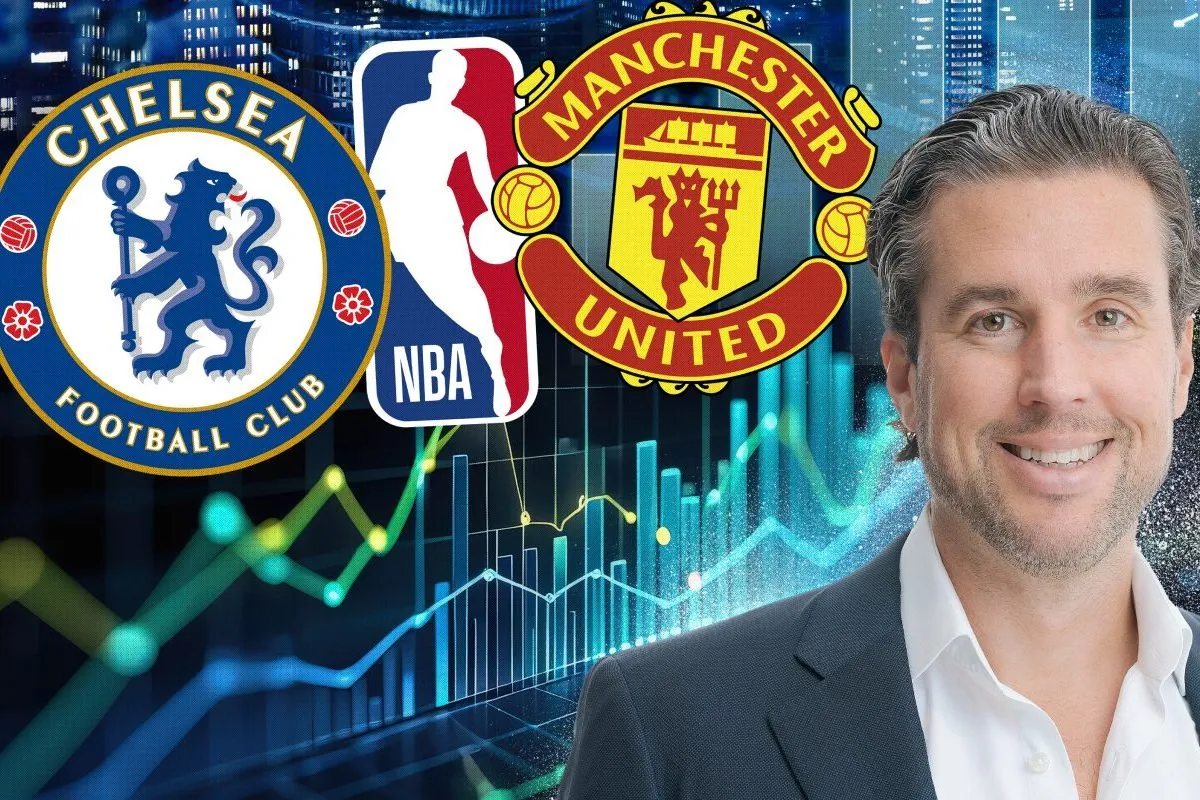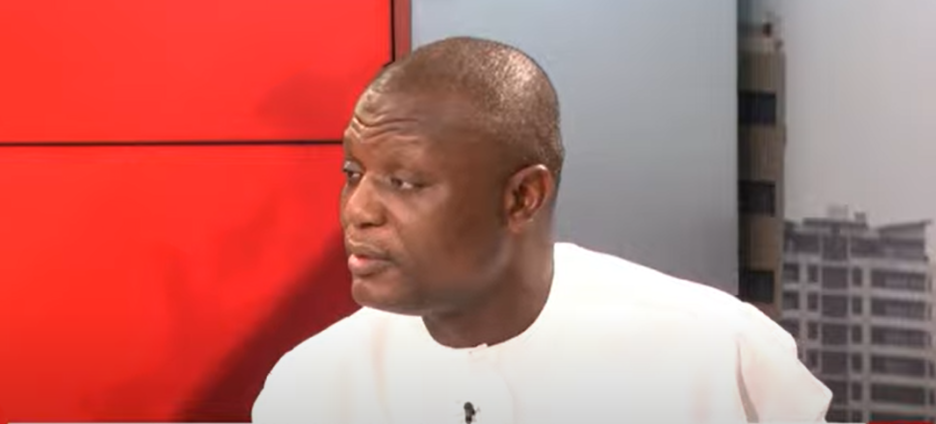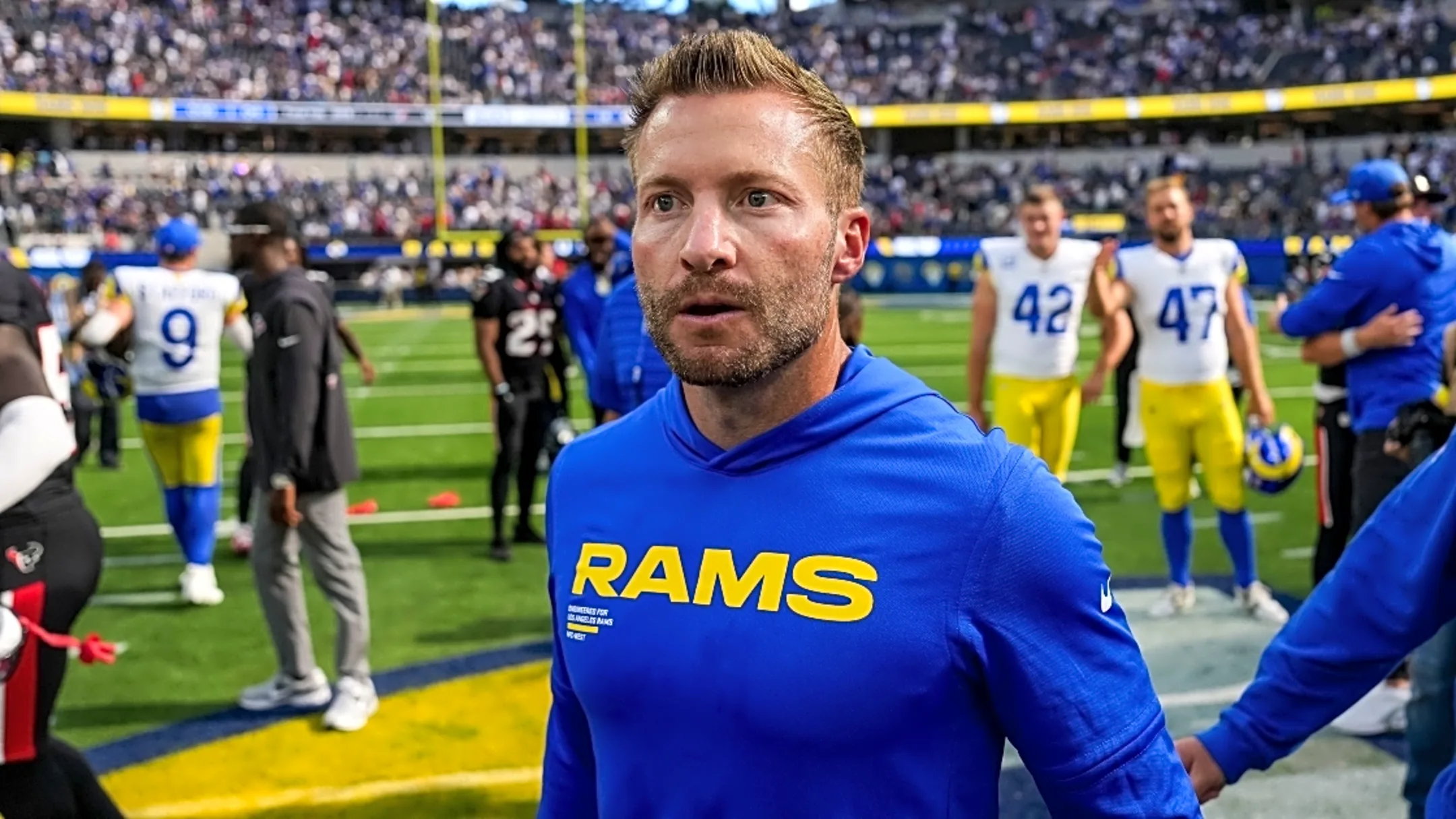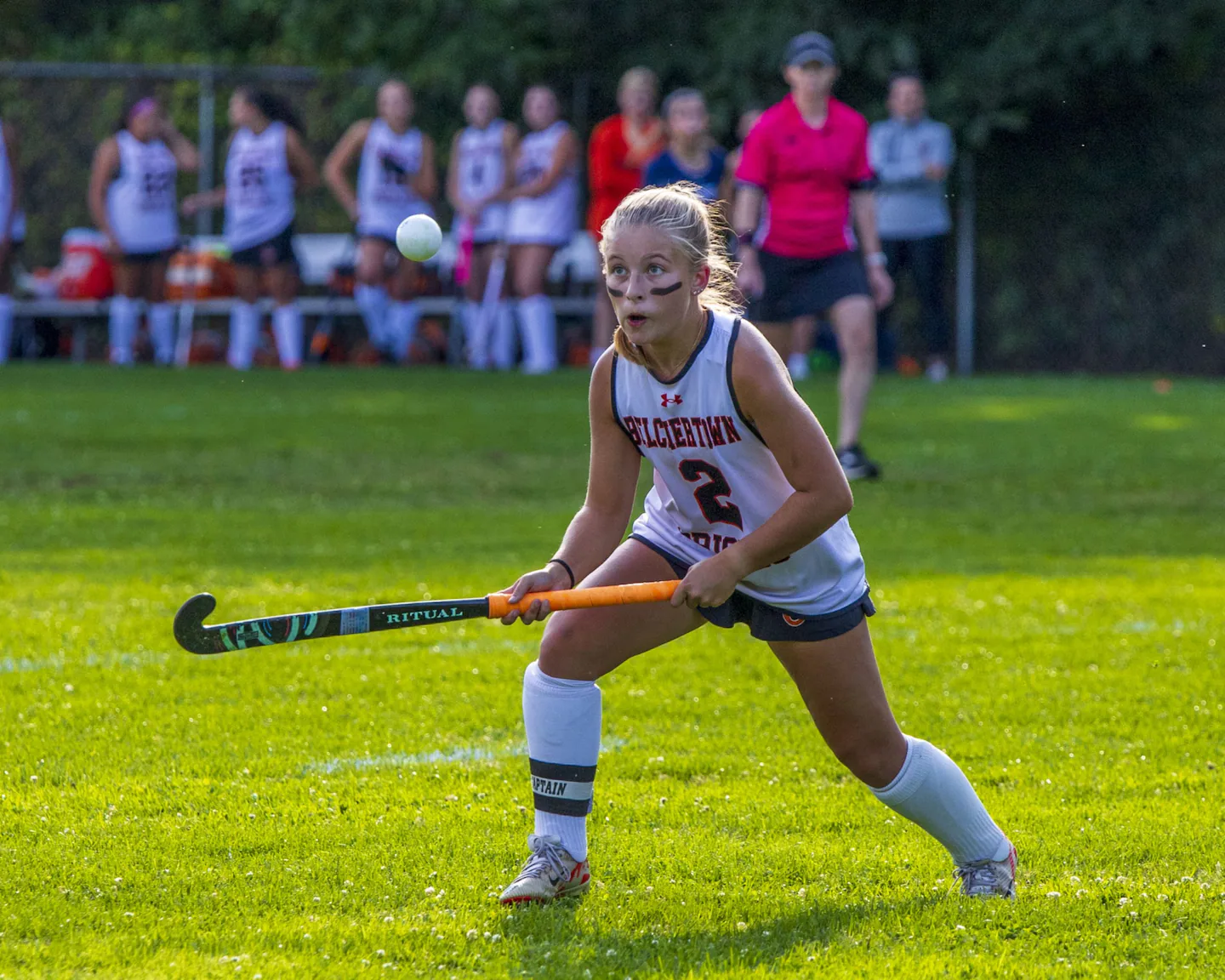By Julia Koch,Matt Hardy
Copyright cityam

When a team or sporting entity changes hands, those doing the buying and selling usually command the headlines and screentime; think the Glazer family and Sir Jim Ratcliffe, or Roman Abramovich and Todd Boehly. But these well-known individuals could not complete their often multi-billion-pound transactions on their own. Enter, then, the Raine Group, the advisory firm behind many of the world’s biggest deals.
Currently working on NBA Europe – the US basketball’s behemoth’s plan to create a new league on this side of the pond – Raine Group was instrumental in the sale of a minority stake in Manchester United to Ratcliffe, the acquisition of Chelsea by a consortium fronted by Boehly, and the recent auction of stakes in all eight of cricket’s The Hundred franchises.
The New York-based company’s portfolio is a who’s who of business, and Jason Schretter – partner and head of EMEA – tells City AM it’s down to trust. He says the Raine Group has “been doing it for 18 years and this is way before sport was trendy and something you’d create a team around”, adding that the first deal the firm did was a sports deal.
“We advised a guy named Mikhail Prokhorov on buying the New Jersey Nets [in 2010], which is now the Brooklyn Nets in the NBA. And then we actually worked on the sale subsequently to Joseph Tsai, but that was many years after [2019].
“It’s amazing when you explain it like that, it really dates me – that’s double the age of my daughter.”
Raine Group transactions
Schretter stresses the importance of experience in an ever more congested sector, insisting that learnings from prior deals and transactions can help them tap into the right parts of an incredibly deep and wide-ranging network.
Take the recent auction of The Hundred stakes, for example, where “we talked to people from Sydney to San Francisco on the project”, the former UBS director adds. “And that wasn’t us going on LinkedIn, it was people that we knew.
“You’re only as good as your last deal. And that’s been our philosophy as a firm from the beginning. We’ve had some hard sports projects and we’ve been able to go through the ups and downs and grind out good results for our clients.
“The Hundred was noteworthy and complicated and a really unique transaction, but we’re equally proud of getting a result on Crystal Palace [John Textor’s sale of shares to Woody Johnson this year], which was difficult for other reasons.
“So if we can continue to make successful outcomes for our clients, we hope we still have a strong position in the market, but we’ve got to deliver.”
These mega-deals require nuance, patience and also quick thinking. Bids can come and go, and in the case of Chelsea, which took place under the unique circumstances of Abramovich being sanctioned, they can develop at lightning pace. But there has been a shift in the market recently, with an increasing number of US funds and faces investing in European sport.
Half of the Premier League clubs are majority controlled by US bodies and individuals, while multi-club ownership models have seen American footprints expand on to the continent. Throw in Australian interest in rugby league, Indian interest in cricket and US interest in the basketball scene, and Europe is becoming a hotbed for potential investment.
Immature market
“There’s a view that the monetisation of sport is still early, still immature,” Schretter says. “I often use an analogy that if I sat next to someone on a plane that was the exact opposite demographic in every possible way but you saw on their laptop case a sticker of the same football team you support, you would strike up a conversation with that person.
“There’s real opportunity, and that is exacerbated in Europe by the fact that some owners from outside of Europe, or investors from outside of Europe, see Europe as probably even further down the maturity scale and see an opportunity to implement playbooks which they have used historically in other situations.
“So the NFL, NBA, Major League Baseball are probably several more steps down the path – still early from their perspective – but you can feel confident that if you turn some dials, there’s opportunities to improve with things that are quite proven in other markets these days.”
And that has been seen with the valuations slapped on US sports franchises of late. A deal which saw Chelsea co-owner Mark Walter buy a stake in the LA Lakers valued the NBA team at $10bn, while a $1bn stake purchase in the New York Giants by Julia Koch saw the NFL franchise match that 11-figure mark.
In the UK, the recent acquisition of Formula 1 team McLaren’s shares priced the team at $5bn, while Ratcliffe’s minority stake purchase in Manchester United saw the Premier League team valued at north of that.
Lakers will be Lakers
Explaining the Lakers’ appeal, Schretter adds: “10-20 years from now, is Google going to be Google? Is Facebook going to be Facebook? Whatever – maybe, maybe not. Are the LA Lakers going to be playing basketball? Yes.
“Manchester United might be the farthest along of any non-US franchise [commercially]. Look at the gap between Manchester United and other teams in Europe, and in terms of how they engage fans globally, it’s just a different story.
“There’s a real tailwind, and that is the monetisation of sports IP in all aspects of life, so all these things that are engaging fans and what that does to the profile of players, teams, leagues.
“Formula 1 started it with Drive To Survive and people followed that. There’s been an improvement in merchandising and premium experiences – all these things are really exciting in terms of what that brings.”
The market reflects that, and it is changing. Earlier this month CVC pooled its sporting investments into a $14bn vehicle, while Apollo Management launched a $5bn sport fund. Private equity in sport is on the rise but Schretter articulates a shift in financing of the world’s biggest clubs and sporting markets.
The sporting revolution
“It’s an ongoing evolution. Five years ago we started seeing institutional capital come in, but purely on the credit side at the most senior, safe part of the capital structure – any junior, they were doing so with really high return thresholds,” he says.
“Now that the asset class has become more proven, some of these investments have gone well. You’re seeing this institutional capital inch further down the cap stack, and I think moving into equity – I don’t think that’s the majority, it’s the start of it.
“Particularly on a team side, on the league side, you see it. People like CVC and others are all over equity investments, but I think they’re on the league side – that feels like a safer place to play.”
Raine Group busy future
Over the next five years, Schretter concludes, expect people to get a “little bit more comfortable with the dynamics” of owning and investing in sport.
“I think you’ll see people starting to make more partnership-type equity investments in some of these properties. I don’t think it’ll go so far as you’ll see all of the major sports teams in the world owned by all the big private equity guys, but I do see them getting more comfortable with equity ownership.
“Some people a couple years ago were saying Chelsea are crazy; they’re spending so much money, Todd Boehly and whatever are nuts. And now, I would say, they’ve really done something smart, and their fans are as excited about the season as they have been in a long time.
“That’s going to be the real trade-off that institutional investors are going to have to make – do you spend to increase value or do you shoot for profit and strike the right balance?”
The shifting nature of sports acquisitions makes the sector one worth watching; exchanges can happen overnight and without warning. One thing seems certain though: Raine Group will probably be involved.



